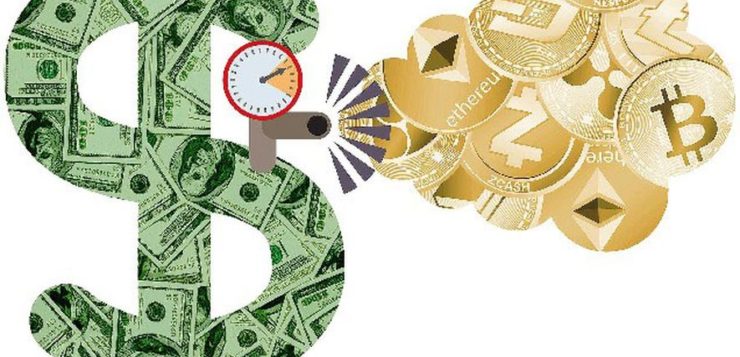“In France, everything is denied except what is permitted. In the U.S., everything is permitted except what is denied.” Neither statement is entirely true, of course, but the ability of individuals to take care of themselves when government fails does vary considerably from place to place. The ability to seek out non-governmental alternatives, when government fails, provides a check and safety valve on government, normally leading to more social stability. The U.S. Constitution gave the federal government a very short list of enumerated powers, leaving everything else up to the “states or the people.”
Over the decades, the government has become increasingly intrusive, and individual liberties have declined largely as a result of the growth of “independent” government agencies which have become law, judge and jury unto themselves. Former general counsel of the U.S. Treasury and a senior fellow at AEI, Peter J. Wallison, has written an outstanding book, “Judicial Fortitude,” on the problem and solutions, which is well worth reading.
Historically, when government has failed them, individuals have opted-out legally or illegally. The failures of the public schools are somewhat offset by the existence of private schools.
The Veterans Administration was America’s big experiment with socialized medicine — and an ongoing failure for decades. The Trump administration finally made it legal for veterans to go to private facilities and then bill the VA when they could not get timely and quality treatment from the VA. Most countries that have some sort of national health insurance (the U.K., for example), have a parallel private system which acts as the safety valve for those willing to pay for higher quality and timely treatment for their medical problems. In places where legal private safety valves are not permitted because of government failures, black markets almost always arise to fill the need.
One reason the U.S. military has the best equipment in the world is that almost all of it is made (and much of it conceived) by private companies. In contrast, many countries have government-owned-and-operated “military industries” to provide the ships, planes, etc. that the military needs. As with any socialist enterprise, the government-owned military industry model tends to provide inferior and technologically lagging products.
There is perhaps no more restricting activity by government than the control over defining and issuing of the money. Government monopoly monies make it much easier for the government to tax and control
Author: Richard W. Rahn
Read more at: https://www.washingtontimes.com/news/2019/jul/22/ultimate-safety-valve/







